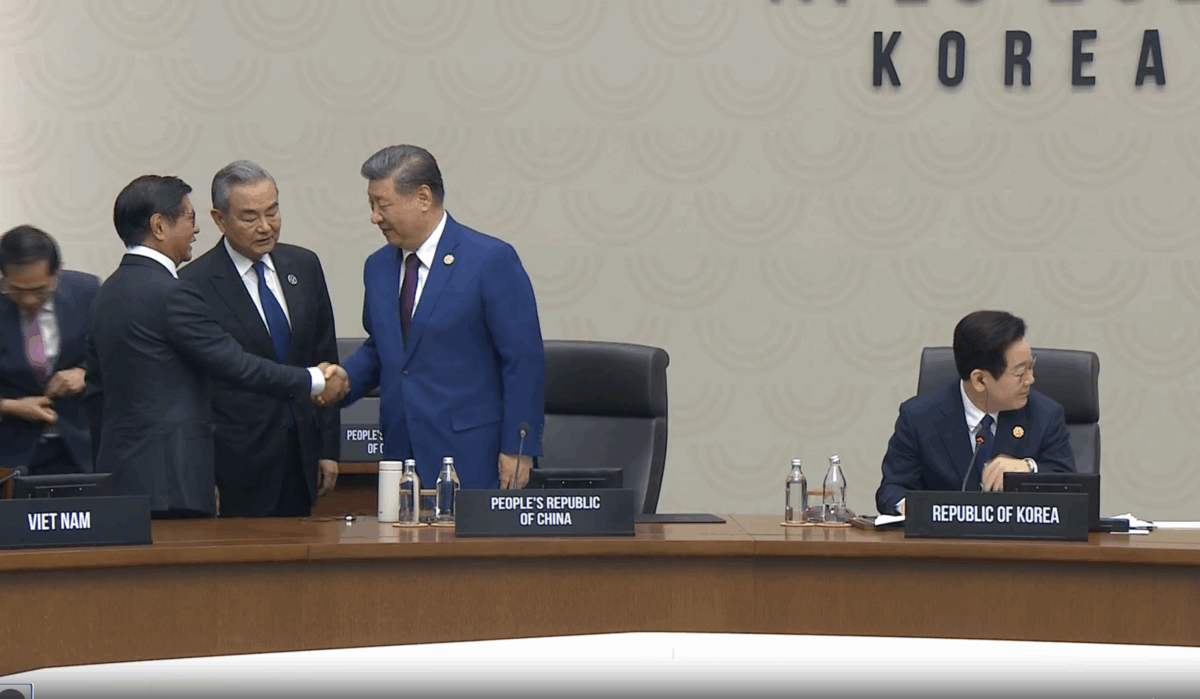Xi Proposes Global AI Governance at APEC Summit
Xi Jinping proposes a global AI governance body at APEC, aiming to lead international AI standards and counter U.S. influence.

China’s Xi Jinping Proposes Global AI Governance Body at APEC to Counter U.S. Influence
Chinese President Xi Jinping used the 2025 Asia-Pacific Economic Cooperation (APEC) summit in Gyeongju, South Korea, to formally propose the creation of a World Artificial Intelligence Cooperation Organization. The initiative signals China's growing ambition to lead international AI governance and set global standards, positioning itself in contrast to the U.S. approach, which remains wary of multilateral regulation in this field.
Background and Overview of the Proposal
During his address at the summit attended by leaders from 21 Pacific Rim economies, Xi called for an international body dedicated to coordinating and regulating AI development worldwide. The proposed organization would focus on:
- Establishing governance rules for AI
- Promoting responsible and ethical innovation
- Ensuring AI serves as a “public good for the international community”
Officials from Beijing indicated that the headquarters for this organization could be located in Shanghai, a major global technology and financial hub, underscoring China's intent to anchor AI governance in its own strategic centers.
This marks the first formal pitch by China for a global AI regulatory body since the initiative was floated earlier in 2025, highlighting Beijing’s confidence in its domestic AI capabilities and its desire to shape the international AI agenda.
Strategic Context: China’s AI Leadership Ambitions
China’s proposal reflects a broader strategy of “algorithmic sovereignty”, aiming to reduce dependence on Western technology and establish independent standards in AI development. Domestic AI companies like DeepSeek exemplify China’s push to compete globally with U.S.-based firms by developing cost-effective and innovative AI models.
By advocating for a multilateral governance structure, China is seeking to:
- Cement its leadership role in AI ethics and standards setting
- Counterbalance the United States’ reluctance to engage in global AI regulatory frameworks
- Expand its influence in emerging technology governance at a critical geopolitical moment
U.S. Response and Geopolitical Implications
Notably, U.S. President Donald Trump, who was also present at the APEC summit, left early and did not attend Xi’s address. While the U.S. and China agreed earlier to a one-year deal easing some trade and technology restrictions, deep tensions remain over AI governance.
The U.S. government has resisted calls for international regulatory bodies for AI, citing concerns about innovation constraints and national security implications. This divergence underscores a growing AI governance divide between Washington and Beijing, symbolizing broader strategic competition between the two powers.
Broader Industry and Global Impact
The call for a World Artificial Intelligence Cooperation Organization resonates in a global environment where AI’s transformative impacts are increasing rapidly across sectors, from finance and healthcare to defense and communications. Establishing unified governance could:
- Foster international cooperation on AI safety and ethics
- Mitigate risks related to AI misuse or unintended consequences
- Harmonize standards that currently vary widely by country and region
However, the proposal also raises questions about geopolitical influence, transparency, and inclusivity. Critics argue that a China-led AI body might prioritize Chinese norms and interests, potentially sidelining other perspectives.
Visual Illustrations Related to the Topic
- Images of President Xi Jinping delivering his address at the 2025 APEC summit in Gyeongju, South Korea, highlighting the setting where the proposal was made.
- Photographs of the APEC summit venue and participating leaders, illustrating the multilateral diplomatic context.
- Visuals of Shanghai’s technology hubs, which are potential headquarters locations for the proposed AI cooperation organization.
- Infographics on global AI governance approaches, contrasting China’s multilateral proposal with the U.S. stance on AI regulation.
Conclusion
China’s push for a global AI governance body at APEC represents a significant geopolitical move to shape the future of AI standards and international cooperation. While it underscores Beijing’s ambition to become a dominant force in AI policymaking, it also highlights the widening governance gap with the United States. As AI continues to transform economies and societies, the shape and leadership of global regulatory frameworks will have profound implications for innovation, security, and international order in the coming decades.



